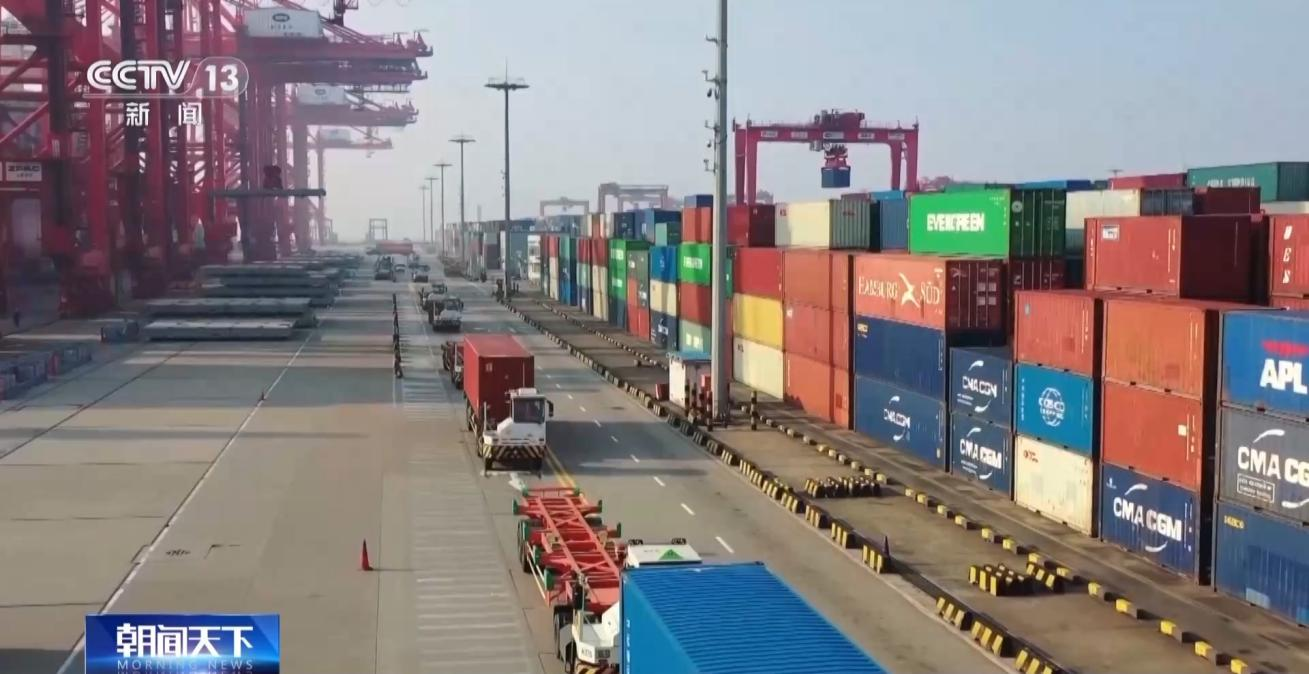Shipping prices continue to rise, and are expected to cool down in the second half of the year
1. Price increases are affected by multiple factors
Industry insiders pointed out that the current trend of shipping prices is affected by a variety of factors, including the sustainability of economic recovery, changes in the geopolitical situation, and the development of the supply and demand relationship of shipping capacity.
2. Freight rates are expected to cool down in the second half of the year
Industry insiders believe that this wave of shipping price increases is driven by multiple factors such as the Red Sea situation, foreign trade companies' "export rush", and shipowners' price increases. It is expected that freight rates will continue to fluctuate at a high level in the short term, but will not continue to increase significantly. This freight rate increase will not last too long and is expected to ease within three months.
"Given the huge increase in major European and American routes this round, which has nearly doubled, and with the end of the off-season suspension, the injection of new shipping capacity by shipping companies, and the end of the short-term rush to ship electric vehicles, batteries and energy storage equipment, it is expected that there will be no market basis for continued sharp increases in the future." said Zhong Zhechao, founder and CEO of One Shipping.
When announcing its first-quarter earnings, French shipping company CMA CGM predicted that global shipping capacity will be boosted as new ship deliveries accelerate, and shipping freight rates are expected to fall in the future. "The situation in the Red Sea absorbed almost all of the new capacity that was put on the market in the first quarter," said Ramon Fernandez, the company's chief financial officer, in a conference call. He expects that the pressure on freight rates due to regional conflicts and strong consumer demand "will decline in the second half of this year."
Fernandez expects the global fleet to grow by 10% this year and by about 7% in the future, "which will lead to overcapacity in the shipping freight industry, and the detour around the Cape of Good Hope will not be enough to absorb the excess capacity."
In addition to CMA CGM, international shipping giant Maersk also recently predicted that global capacity will be generally oversupplied in the second half of this year, which means that freight rates will fall.
